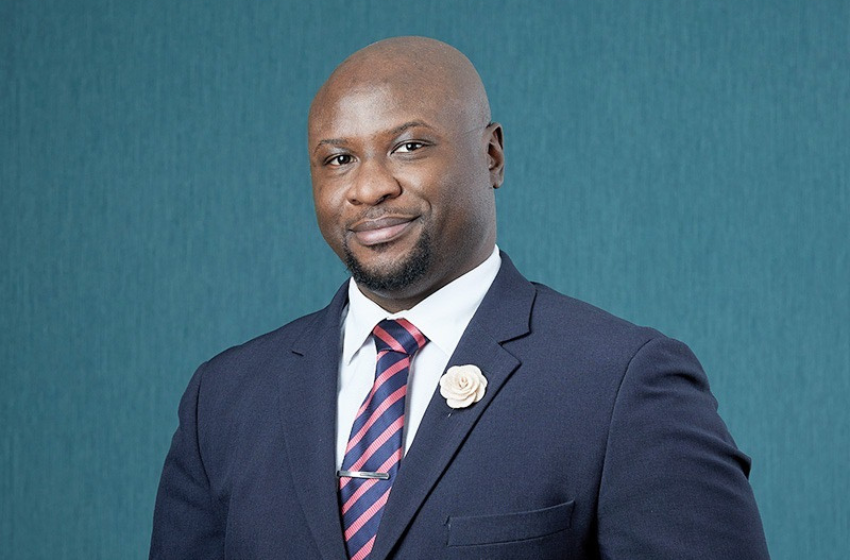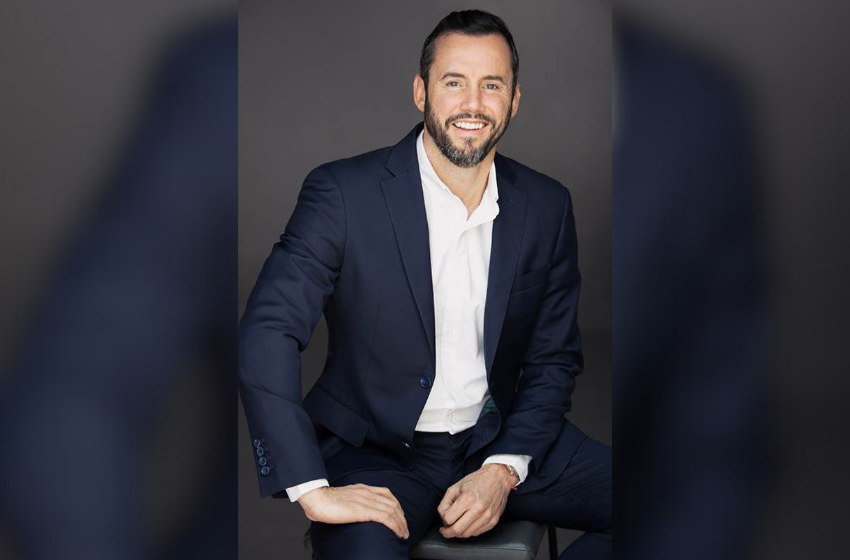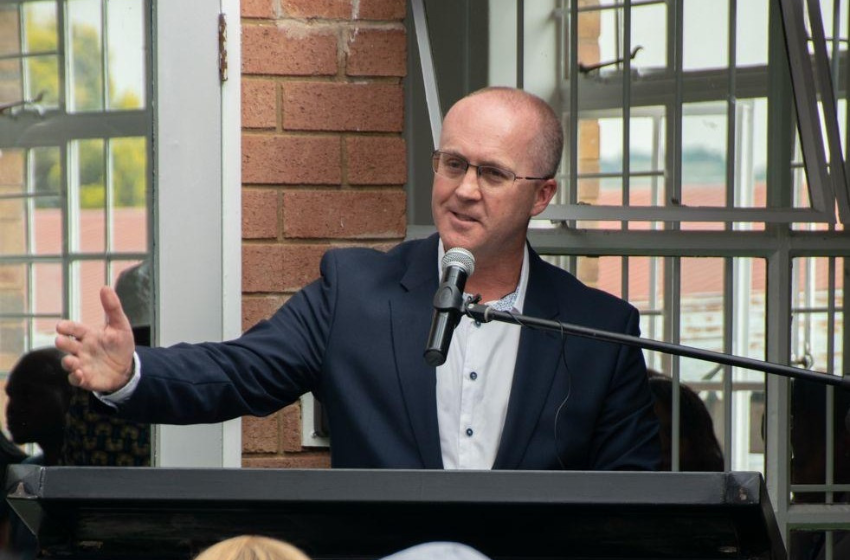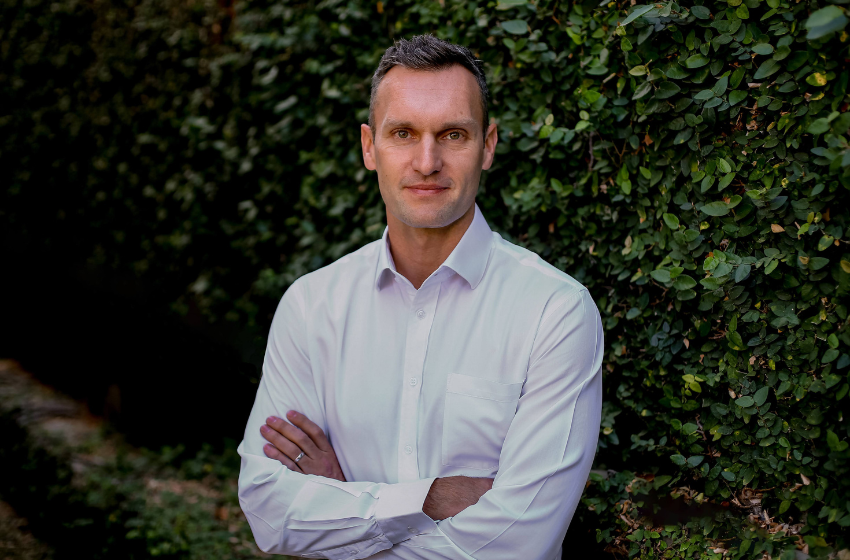
In an era where every tweet, every post or like can spiral into a boycott and misinformation spreads faster than truth, corporate reputation is not just a PR concern-it’s a boardroom imperative. My recent research into how JSE-listed companies perceive and respond to the weaponization of social media uncovered a sobering reality: while awareness of digital threats is high, preparedness is alarmingly inconsistent. As communicators, we must evolve faster than the platforms we seek to master.
The data speaks volumes. Cancel culture, once dismissed as fringe outrage, now drives real financial consequences. Economic boycotts fuelled by perceived misalignments with public values, are reshaping brand loyalties. For B2C firms in particular, where emotional bonds with consumers are both asset and liability, reputational risk management must become as agile and strategic as financial planning.
Three insights stood out from my interviews with senior executives across sectors:
- Reputation is a real-time asset.
When crises hit, speed and transparency are the new currency of trust. Yet many large enterprises remain hamstrung by internal bureaucracy, while medium-sized firms struggle with limited resources. Effective crisis management now hinges on preparedness-not just in planning, but in muscle memory. Organisations must develop and rehearse rapid-response protocols, complete with social listening tools and real-time dashboards. - Not all reputations are built equal.
The proximity of a brand to its consumer determines how hard cancel culture hits. Consumer-facing companies, particularly in sectors like retail, FMCG, and finance face a level of reputational scrutiny that B2B firms largely escape. This asymmetry demands differentiated strategies. One-size-fits-all communication plans are no longer fit for purpose. - Weaponization is ideological, not just informational.
Drawing from Van Dijk’s Ideological Theory and Herman & Chomsky’s Propaganda Model, the study revealed that public sentiment is shaped not merely by facts, but by power structures and narrative framing. Brands are not just navigating PR crises-they are entangled in cultural battles. Understanding the ideological undercurrents of social media outrage is essential for effective messaging.
From these insights emerged a practical framework I propose to the industry: the “Three Pillars” model – proximity to consumer, scale of enterprise, and social cancellation vs. economic boycotting. This model contextualises reputational risk and guides strategic response. It also highlights a key paradox: the very tools that bring brands closer to consumers (i.e., social media platforms) are the same tools that can dismantle them overnight.

So, what’s the path forward?.
- Embed social listening into strategic decision-making.
Tools like Brandwatch and Meltwater should not sit solely in marketing silos. They must inform leadership decisions, policy reviews and corporate storytelling. Case in point: when Anglo American was erroneously blamed for a mine disaster post-divestment, it used real-time sentiment tracking to swiftly correct the narrative – protecting its brand with precision. - Train for the storm, not the sunshine.
Organisations must invest in scenario planning and crisis simulations that mirror today’s digital complexity. The Public Relations Institute of Southern Africa (PRISA) offers tailored training that reflects our unique socio-political landscape. Quarterly refreshers and weekend-ready response teams should become the norm, not the exception. - Align values with action and communicate it boldly.
Cancel culture thrives in gaps between stated values and perceived behaviour. Regular, transparent updates on ethical initiatives, sustainability efforts and social impact build reputational resilience. But authenticity is key; performative virtue is quickly exposed and punished online. - Local culture matters. Profoundly.
One of the most intriguing findings of my research is the uniquely South African phenomenon of “oksalayo” – a defiant dismissal of counterarguments, often seen in digital disputes involving brands. Understanding such cultural dynamics is critical for local brand reputation management and may well become the focus of my future doctoral research.
In closing, we face a future where the pace of reputational risk will only accelerate. Generative AI, platform fragmentation and hyper-personalised outrage are reshaping the communication landscape. Yet, with every threat comes opportunity. If we as PR professionals can master narrative agility, ethical alignment and cultural nuance, we won’t just defend reputation – we will define it.
And that is the true mandate of a modern communicator.
Credit:
Oscar Tshifure
President, Public Relations Institute of Southern Africa (PRISA)
Share via:



















